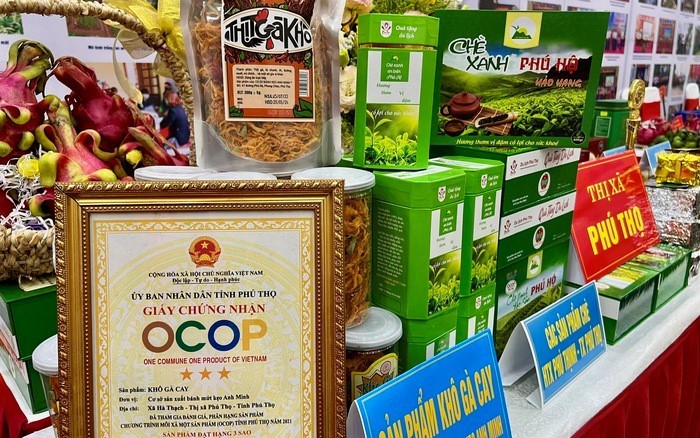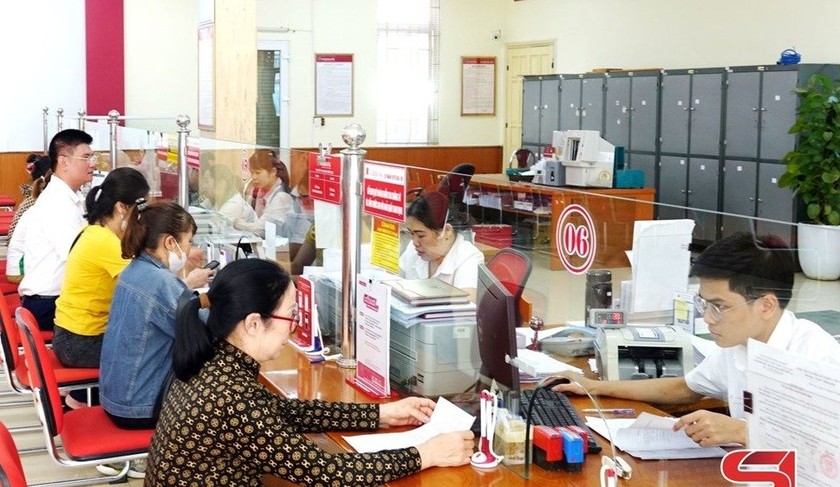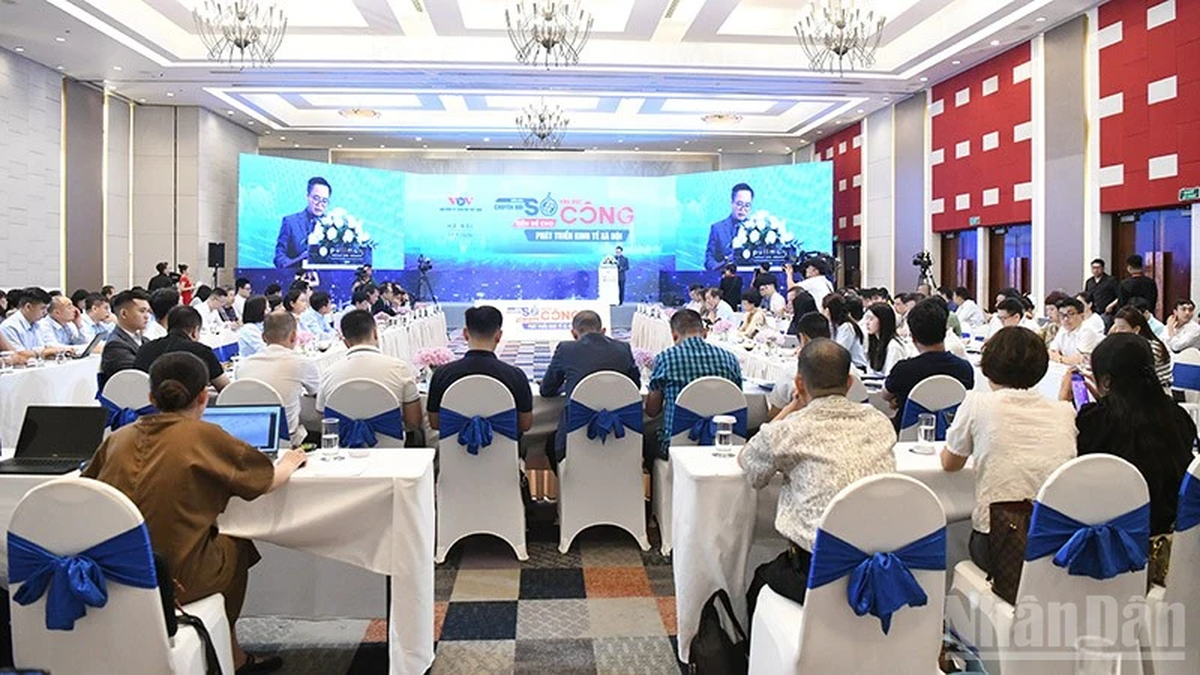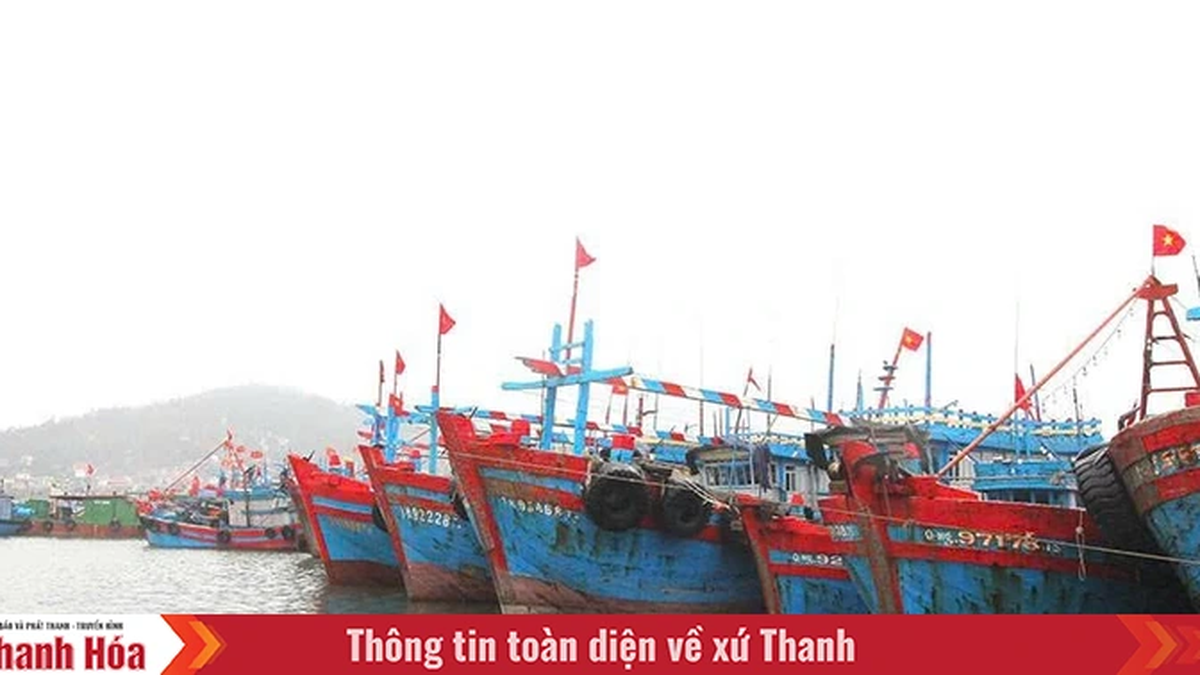On July 12, Banking Times organized a seminar on “Supporting OCOP products to go further”. The seminar was attended by leading agricultural experts, representatives of management agencies, OCOP enterprises, banks and credit institutions.
Speaking at the Seminar, experts assessed that the OCOP program has created a breakthrough in rural economic development, creating opportunities and promoting the sustainable development of local specialty products, thereby contributing to improving the economic and social life of rural people. From here, many OCOP products have become the pride of Vietnam and also a highlight in the process of rural economic development and contributing to promoting the comprehensive development of the country.
As an important capital channel for the economy, the banking sector has implemented many solutions to support OCOP products to reach out. Accordingly, the State Bank of Vietnam (SBV) has had many mechanisms and policies to accompany agriculture and rural areas, including OCOP products.
Commercial banks, especially Agribank - the main bank in agricultural and rural lending - have launched many preferential credit packages, specific to each sector and field of agriculture and rural areas, especially OCOP products. Bank capital has become an important catalyst, contributing to changing the thinking in production of people and cooperatives, gradually shifting from small scale to production in the direction of value chain linkage, with traceability and according to market demand.
 |
Although initial results have been achieved, the ability to reach out, dominate the market, and synchronization are still limited. |
Despite positive results, the development of OCOP products still has many limitations, not really ensuring sustainability. Many OCOP products have not yet found a firm foothold in the domestic market, let alone international export. The initiative in some localities is still limited, not really interested in practical support solutions for OCOP subjects, especially improving capacity in organization, management, processing and product trade, many products only care about design, packaging, not paying attention to quality factors, especially linked to consumer tastes.
According to Mr. Dao Duc Huan - Head of OCOP Department, Central Office for New Rural Area Coordination, Ministry of Agriculture and Rural Development, currently the Ministry of Agriculture and Rural Development and the bank have coordinated and agreed to develop OCOP products. The Ministry has sent a document to the localities requesting that the localities review for OCOP entities who need to use capital and credit products of the bank.
“In terms of credit, the banking sector has done very well in all areas, but for the OCOP sector in particular, we hope that there will be more coordination with the agricultural sector. We hope that we will have better coordination to have specific information and solutions…” - Mr. Huan expressed.
At the same time, he said that the development of OCOP products requires closer coordination from the banking industry because it is not only about interest rates but also related to mortgages and credit.
“From the perspective of support, I hope that our bank will look at product packages and evaluate them according to the level to evaluate the subject. Thus, it is a very strong motivation to support the policy…” - Representative of the Central Office for New Rural Area Coordination proposed.
For the subjects, because most of them are small-scale, difficulties in capacity, conditions, and support services related to procedures and paperwork pose many challenges. Therefore, the representative of the Central Office for New Rural Area Coordination expressed his hope that during the working process, banks, especially Agribank, need to have more priority attention from branches to be able to support OCOP subjects to resolve procedures faster, because agricultural products have to address seasonal issues and capital requirements.
 |
Agribank is the leading bank in lending to agriculture, rural areas and farmers in general, and the OCOP Program in particular. |
Mr. Chu Ngoc Quy, Deputy Head of Personal Customer Department, Agribank shared that during the implementation process, the bank also encountered some difficulties and obstacles when lending to customers producing and trading OCOP products such as individual customers and business households producing OCOP products are often small in scale, the application of new techniques and advanced technology is still limited, leading to customers often having little need for loans.
“Currently, cooperatives are the subjects granted OCOP certificates, however, in the process of borrowing capital, there are problems such as OCOP certificates being granted to cooperatives, so members of the cooperative are not granted separate OCOP certificates, leading to difficulties in borrowing capital for production of each member.
Units still face difficulties in accessing the market; implementing statistical and accounting regimes with many limitations; hesitating to be transparent about financial business situations with banks; buying and selling goods without financial invoices; not ensuring the state's invoice issuance regime; therefore, banks do not have enough basis to evaluate and appraise loans..." - Agribank representative shared.
Mr. Pham Truong Giang - Director of the State Bank of Vietnam, Phu Tho province branch, said that in developing OCOP products in Phu Tho, there are also some problems such as: Although initial results have been achieved, the ability to reach out, dominate the market, and consistency are still limited; The management, financial, and human resources capacity of the establishments implementing the OCOP program is still limited, requiring a lot of capital; In addition, support policies are still limited, for example, taxes and land for cooperatives are still limited to implement OCOP projects and are not consistent.
In particular, in terms of the banking sector, capital provision, interest rates, or agricultural programs are not a problem, but there is no specific credit package for customers implementing OCOP products. Credit services are not diverse, not linked to specific products, local regions.
Along with that, the consulting and guidance between banks and customers on business plans, cash flow management, and loan guarantees are still problematic. In addition, the current lending method such as the limit is not suitable because of the characteristics of OCOP related to seasonality, regions, consumption locations, etc.
“To implement OCOP programs more effectively, synchronous policy mechanisms are needed, so it is necessary to review, evaluate, and summarize for appropriate adjustments, as well as improve coordination between central and local management agencies. Particularly, the banking sector also needs to introduce policies that are synchronous with other policies…” - The representative of the State Bank of Phu Tho province suggested.
After 5 years of implementation, the OCOP Program has been deployed synchronously and widely in all localities across the country. As of May 2024, the country had 12,758 OCOP products with 3 stars or more and 6,957 OCOP entities. The OCOP Program has had a positive impact on rural economic development, unleashing the potential of land, products and regional cultural values to form integrated "multi-value" OCOP products, linking agricultural development with services and tourism, increasing people's income and creating momentum for agricultural and rural economic development.
.
Source: https://baophapluat.vn/chua-co-goi-tin-dung-dac-thu-tiep-suc-cho-san-pham-ocop-post518377.html





































































































Comment (0)